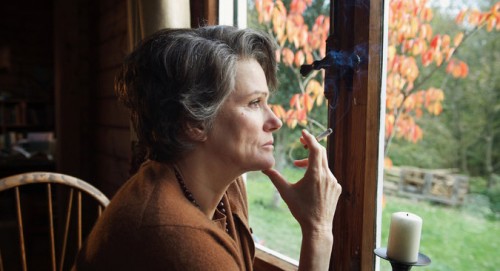In a column on Psychology Today, Pamela Katz, screenwriter of the film Hannah Arendt (pictured above) and author of the book The Partnership: Brecht, Weill, Three Women and Germany on the Brink (Doubleday/Nan A. Talese) asks :”Why do people commit acts of evil? How can we stop them? What are the social conditions permitting an organized group of people to justify—even celebrate—murder and destruction?”
In her compelling essay, Confronting Evil, Again, she cites Hannah Arendt, the sub ject of her critically acclaimed and award-winning film:
“Philosopher Hannah Arendt’s phrase, “the banality of evil,” famously defined the concept of how hundreds of thousands of “ordinary’ citizens could participate in World War II’s genocide. When Arendt was witnessing the trial of Adolf Eichmann — a Nazi who organized the transportation of innocent civilians to Hitler’s extermination camps — she raised the question still confronting us today in the aftermath of Paris, Mali, Beirut and most recently as we held our breath over Brussels: how do we simultaneously acknowledge the “unspeakable horror “ of the crimes committed against innocent non-combatants, with the apparent ordinariness of those who initiate and carry out such unspeakable atrocities?”

